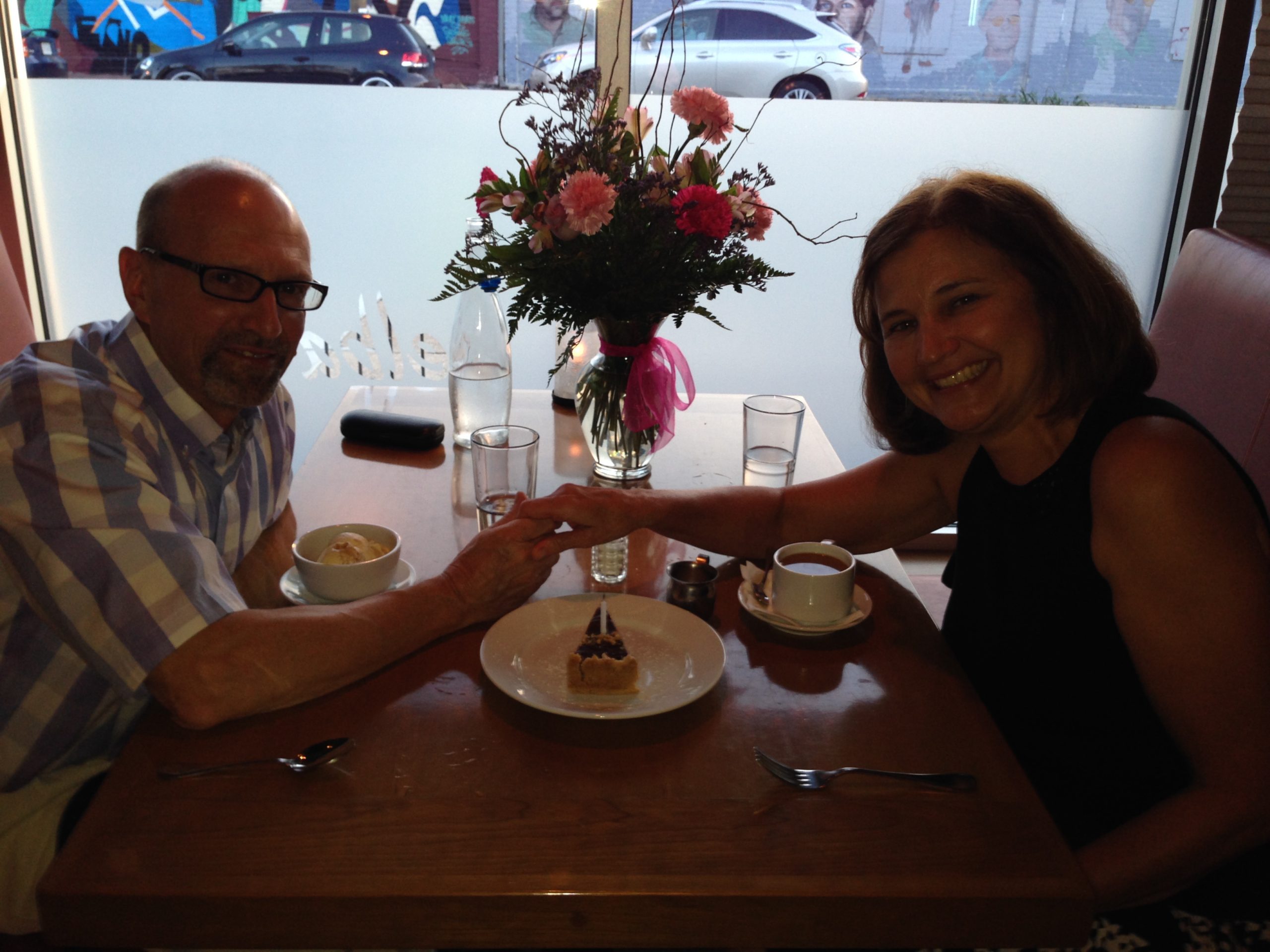Cancer Blog
By Brian Zimmerman
Begun on July 31, 2021
Email: dyingman1@yahoo.com
My Dying Words
Entry #4:
August 4, 2021
“Therefore in that day the Lord God of hosts called you to weeping, to wailing, to shaving the head and to wearing sackcloth. Instead, there is gaiety and gladness, killing of cattle and slaughtering of sheep, Eating of meat and drinking of wine: ‘Let us eat and drink, for tomorrow we may die’”. Isaiah 22:12-13
“’Come,’ they say, ‘let us get wine, and let us drink heavily of strong drink; and tomorrow will be like today, only more so’”. Isaiah 56:12
Dealing with Denial
One of the greatest problems I saw in home health in dealing with debility, sickness, and dying was denial. As illustrated in the quote above, though disaster is predicted, people have a remarkable ability to convince themselves that it will never arrive, that “tomorrow will be like today, only more so”. I mentioned this propensity before but in a more cultural respect. But, it also shows itself with individuals and families quite often. I had parents (one of whom was the patient though sometimes I had both partners as patients!) who insisted on living on their own despite the fact that they were falling and breaking bones and were doing ordinary daily tasks that were now dangerous for them, e.g., cooking, or they were experiencing sun downing, in which the patient becomes increasingly confused in the late afternoon and evening and may turn on the stove and leave it on, or wander out of the house with no idea where they are. Or, they may refuse to accept the fact that their single biggest problem is that they sit most of the day doing nothing but watching television, resulting in increasing weakness and deteriorating balance with resultant falls. On the other hand, children may request PT because they believe that their parent can be “fixed” if they are just exhorted enough to get up and move. The same attitude, of course, exists to what seems a greater degree when a terminal diagnosis is given. The patient, or sometimes only the family, want everything done that is possible to save the patient’s life, though it’s obvious that the 85 year old mom is highly unlikely to be cured or returned to a healthy, functioning state. So, instead of preparing for death, the family avoids the topic and process by constant MD appointments, frequent hospital admissions, home health visits, all with the idea that “tomorrow will be like today”. And, of course, it isn’t.
Preparing for Death Must be Intentional
This problem is not to deny that there are situations, of course, where medication or surgery can increase someone’s likelihood of improved health or quality of life. But, it is to say that because people in our culture think so little of death, they are unprepared to deal with debility, sickness, and dying when those problems enter their or their parents’ home. Preparations of that type need to be intentional, something thought of before the event occurs, like buying car insurance before you have the wreck, not afterwards. But, I have seen often that as a parent begins to reach the point where they are not safe to live alone or is in the process of dying, the child goes on looking for a fix to reverse the process instead of thinking, “What’s plan B here? What should we do if mom can’t stay at home alone anymore? Or, what do we need to do to help her and us to prepare for her death?” There’s not a fixed answer to that question. Could the parent stay in their home if they had some in home assistance with cooking, cleaning, bathing, etc.? Or, would they be better in an assisted living facility (ALF). Is it possible the child can have them move in with the child? Or, is it clear from the MD’s assessment that the parent is dying and the family needs time to prepare her and them for that eventuality?, e.g., where is the will? who’s the executor? funeral arrangements?, etc. All these questions need to be answered before mom is admitted yet again to the hospital but this time will not be released home as the hospital staff refuse to send her back to what is obvious to everyone but the family is a dangerous situation. Or, before she dies “unexpectedly”.
And, of course, the parent can make this whole process easier or harder by their acceptance of their limitations or terminal diagnosis. If they are willing to accept and discuss their situation and help find solutions, such having an aide come in, or moving nearer the child, wherever they may be. In short, there are a lot of problems inherent to sickness, debility, and dying, but arguably the worst are those that are self-created.
Next entry, I’ll give a timeline for how my symptoms started and progressed.
